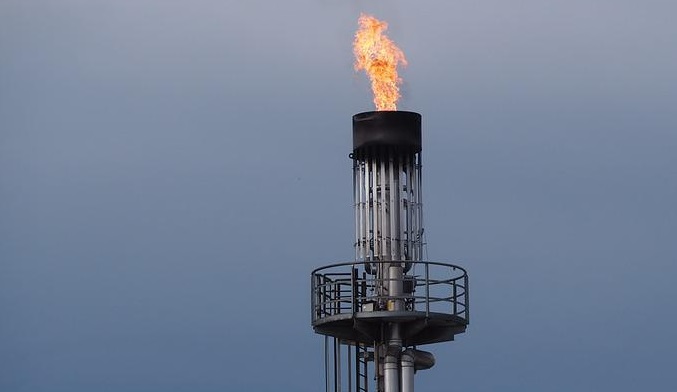In an interview with the RIA Novosti news agency Tuesday, the Russian consul general in the city of Sapporo said that Japan would soon be seeing benefits from retaining its stakes in Russian oil and gas projects, despite taking part in Western sanctions against Moscow over the conflict in Ukraine.
Sergey Marin noted that Tokyo stood to acquire an additional 2 million tons of Russian liquified natural gas (LNG) per year when the Arctic LNG2 project is launched in Russia’s Far East. Although Japanese companies froze additional investment starting in March of 2022 as part of the Western sanctions against the Kremlin, they did not relinquish their existing stakes in the project.
Marin noted, “A consortium made up of Mitsui & Co. and Japan’s national oil and metals company JOGMEC has retained a 10% stake in Novatek’s Arctic LNG 2 project… The project is working, but has not yet started production of LNG. The first production line should be launched by the end of this year, and the second and third in 2024 and 2026. If everything goes according to plan, Japan will add about 2 million more tons of LNG per year to the share it now receives from Russia.”
Japan also retained stakes in a second oil and gas project in Russia’s Far East, Sakhalin-2, which recently was taken over by a new domestic operators last year, according to the diplomat. He also cited the fact that a number of Japanese energy providers have, in addition, signed contracts with the new operator, Sakhalin Energy. Japan receives about 9% of its total LNG imports, and 3% of its power supply from the project.
Japan also owns about 30% of Russia’s Sakhalin-1 offshore oil and gas project, through Japan’s Sakhalin Oil and Gas Development Co (SODECO).
Tokyo has participated in Western sanctions on the Kremlin since the beginning of the conflict in Ukraine last year, including the imposition of a price cap on Russian oil and petroleum-based exports.
However, after arguing it required exemptions on its interests in Russian oil and gas projects due to national security concerns, Japan was issued exemptions which allow it to continue to receive supplies from Sakhalin-2 without needing to abide by any price caps, and it was allowed to retain its stakes in its various joint-energy projects in Russia.

